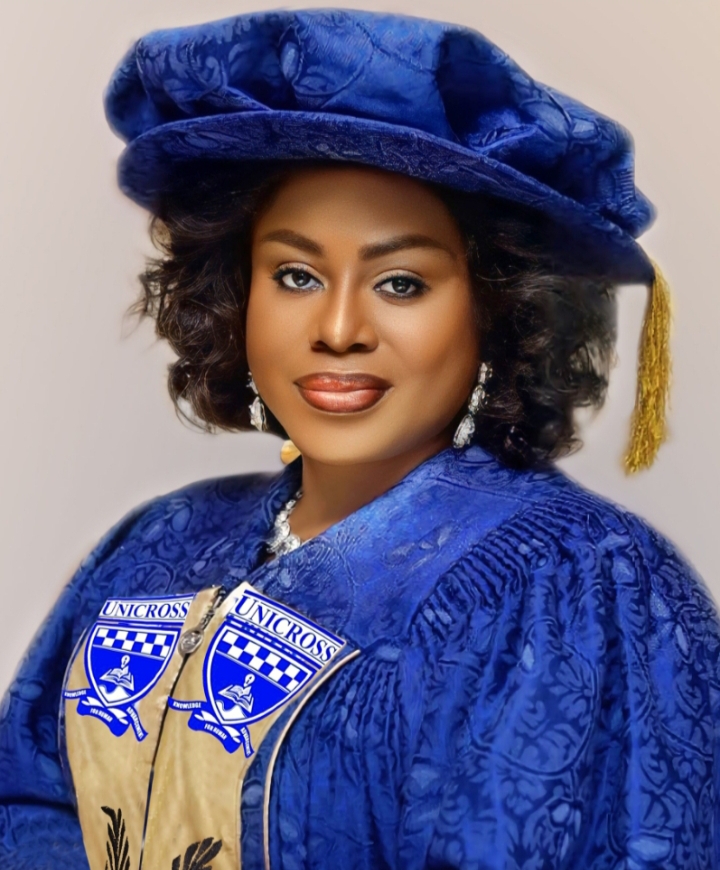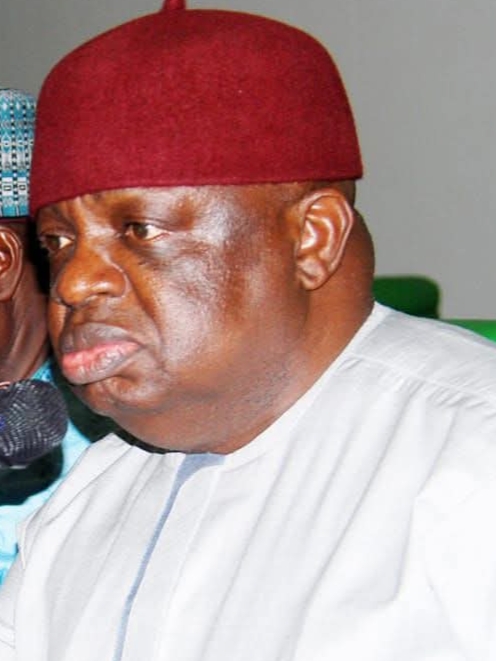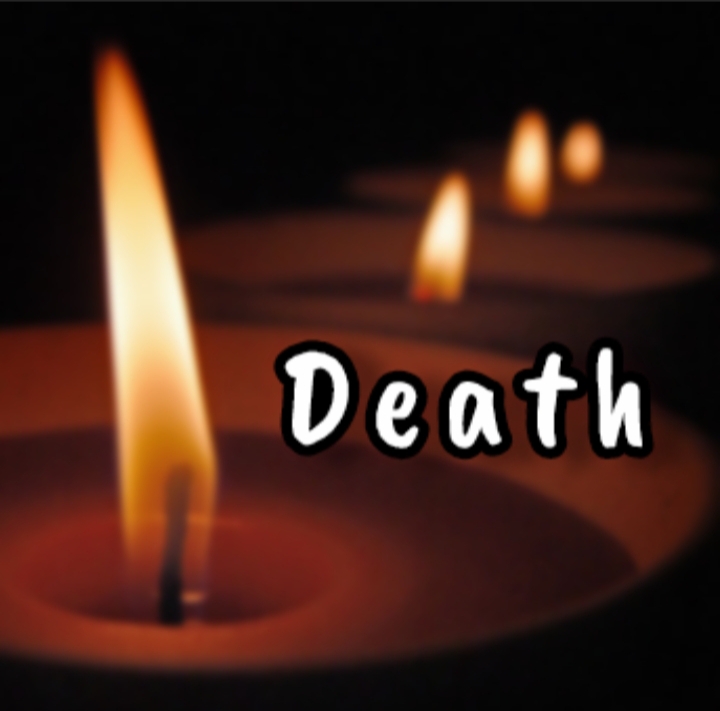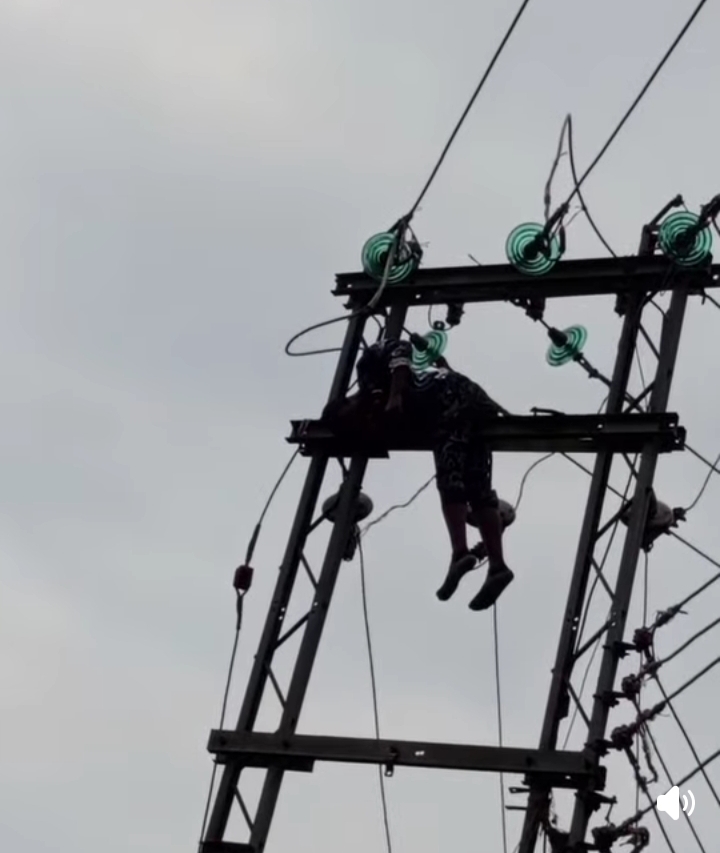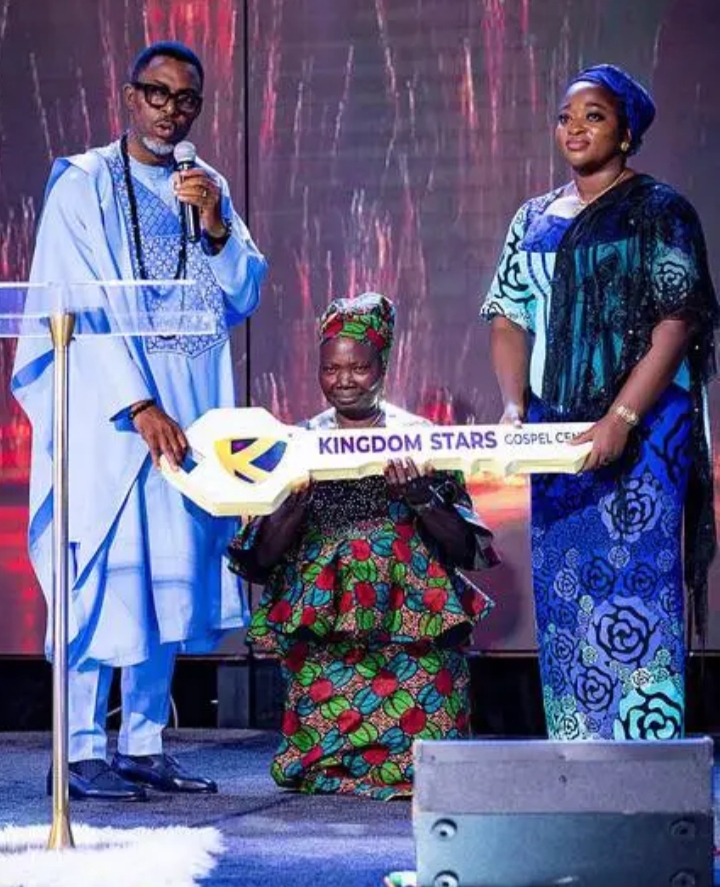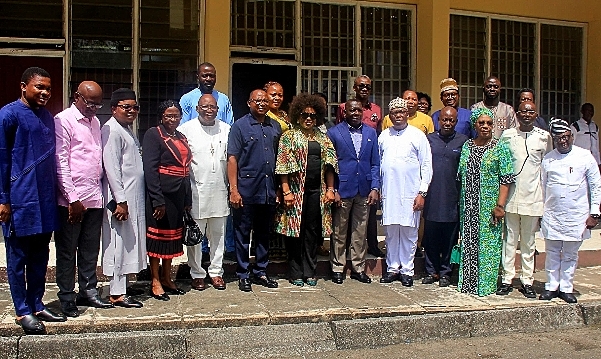
Murphy made this exclusive disclosure to www.calitown.com, shortly after supervising the erection of a gold coloured statue of the music icon by Etomi road junction on the Ikom/Cameroun Border road in Ikom Local Government Area, Cross River State. He hinted too that his funding and procurement of the statue was his own way of drawing attention to a man who sold 13 million copies of his 1976 hit and became recognized as the man behind one of Africa’s greatest songs. “I met him as a 10 year old at Onitsha when he was playing at Top 21, I used to go watch their rehearsals. He was not a star then. The first electric guitar I touched was his. At this time, my late mum had bought me an acoustic one”, he said.
Local residents and natives of the area who pitched in to help with the erection, expressed happiness that Mbarga who is regarded as having played a significant role in the evolution of popular African music “created a unique hybrid of Igbo and Congolese guitar, playing and uplifting highlife rhythms in Onitsha, Anambra State. Others like Ben Tah Tawo II, told www.calitown.com that “with this statue Prince Nico, though dead, is alive now. He is part of our heritage, he is Ikom and we are happy that this statue has been erected. God will bless Ugba Murphy’s thoughtfulness”.
Mbarga was born in Abakiliki, Ebonyi State, on January 1, 1950 to a Nigerian mother and a Cameroonian father. Sung in Pidgin English, “Sweet Mother” became one of the top sellers in the history of Nigerian music. Mbarga later launched his own Polydor-distributed record label and turned attention to managing the 4-star hotel that he owned, the Sweet Mother Hotel, located in Ikom. He was killed in a motorcycle accident on June 24, 1997.
